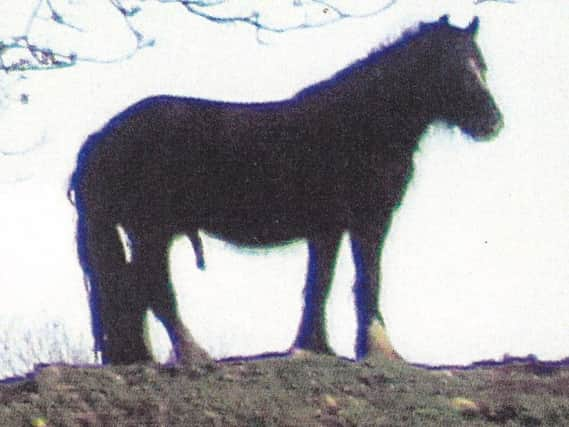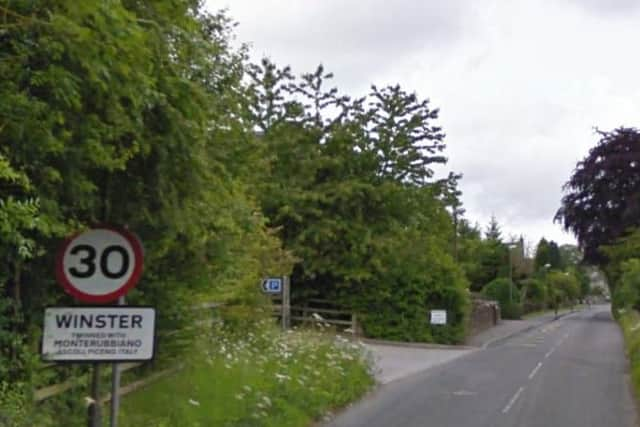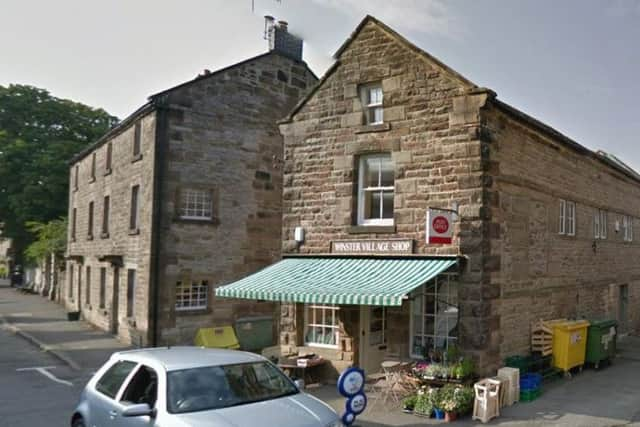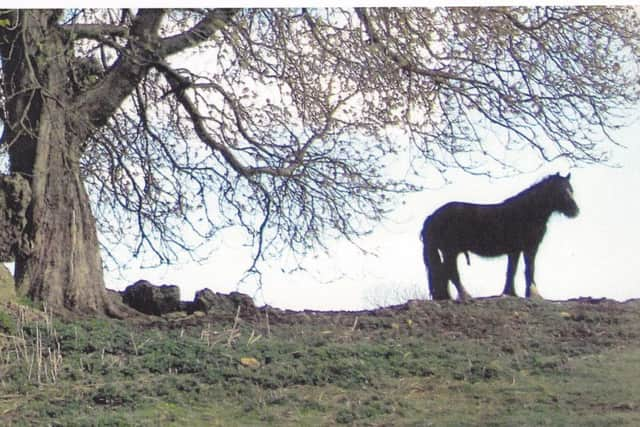Red faces as 'sexually excited' horse ends up on cover of fundraising Peak District village calendar


The clanger, showing the horse in an impressive state of arousal, was not noticed until the calendar had gone to print - and now villagers in a tiny Peak District village fear the blunder could hit sales - with people too embarrassed to buy one.
The organisers of the annual calendar for the Peak village of Winster are hoping that their choice of cover photograph for next year’s edition will not spell disaster for their fundraising efforts.
Advertisement
Hide AdAdvertisement
Hide AdSales of the calendar, which features images of local beauty-spots, provide valuable income for the community-owned village shop.


But after printing the 2018 edition they spotted that the eye-catching cover included a horse “in a state of sexual excitement” - and they now fear that some locals and visitors may be too embarrassed to buy a copy.
“It’s all rather unfortunate,” said calendar editor Marg Lester.
“We know that horses have natural tendencies, but some people feel that we should have doctored the picture to make it more acceptable.
"We might well have done if we’d noticed in time.”
Advertisement
Hide AdAdvertisement
Hide Ad

“All the photos were taken by local amateurs and then exhibited so that the public could decide which ones to include.
"It turns out that my neighbour, who took this one, didn’t even realise there was a horse in the picture.”
But some villagers feel that the picture is just part and parcel of countryside life.
“I can’t see what the problem is”, said David Bentley, landlord of the Bowling Green, Winster.
Advertisement
Hide AdAdvertisement
Hide Ad

“That’s the way things are in the country. I sometimes take that horse vegetable peelings and it’s often like that.”
The village, which lies between Matlock and Bakewell, was once a centre of lead mining but now has a population of just over 600 people with a handful of small pubs, school and a village shop.
The village was also the site of one of the last duels in England, when in 1821, a surgeon called William Cuddie was shot dead after one of the older brothers of his lover Mary killed him after a quarrel before fleeing to Australia with a £100 bounty on his head, never to return.